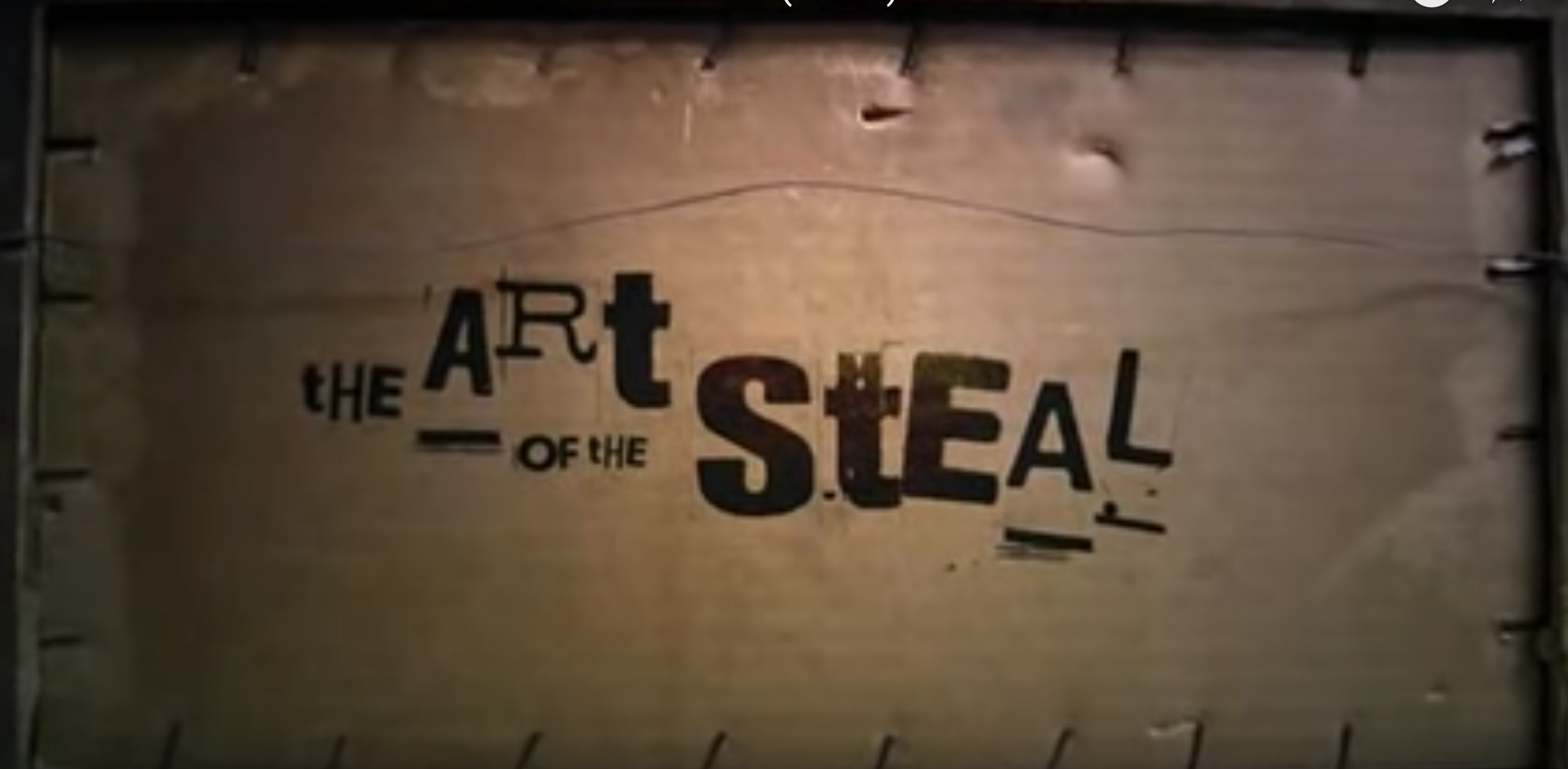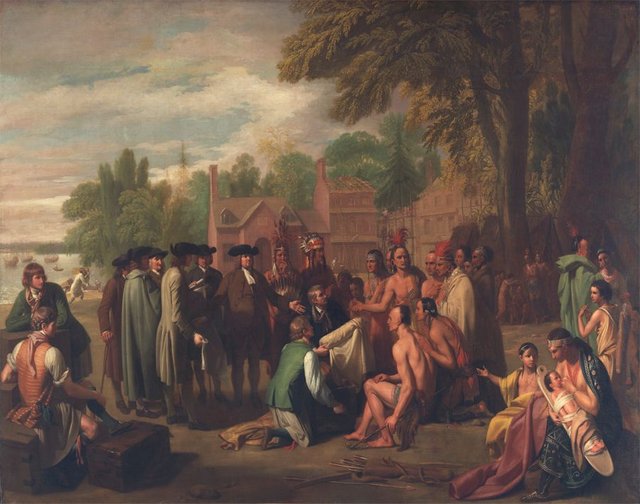///Public (re)Record///
What is the public record? Is it the running list of top 10 Billboard hits? Twitter? Anything with an ISBN number and barcode? Or is it something less tangible yet infinitely more sanctimonious?
Once I'm dead, my son and maybe if he has kids, their kids might know of me. My personal record and possibly a few effects might last a couple hundred years give or take an AI duplication or FabLab recreation. But what of my presence in the public record?
As a kid, one of my favorite movies was The Jerk, starring Steve Martin. In it, the airhead protagonist is overjoyed to see his name in the phonebook, because it proves in ink that he exists. As a young child that made a lot of sense to me.
Existentialism 80s style.
The Jerk (1979)
Eventually, I learned that getting a mention in the newspaper, or if I was really lucky a TV interview or something, would also ensure that my name or visage was out in the world. My sense of worth was crafted by TV and film and enshrined in print. No surprise I went into comix.
As a teenager I was obsessed with live music concerts. The idea of tens of thousands of people singing the same songs and focusing their attention on the same individuals was captivating. The music making me sway helped too. I was totally enamored with the way musicians marked their presence in the world with their songs and persona.
And then Bono became an activist, Prince became a symbol, and Michael Jackson became a pop cultural target.
Being "known" and within the public record became more complicated with the advent of the Internet and social media.
In the internet age, celebrities' every move became part of the public record. Fame lost its luster. Our digital selves started to bear more weight than our actual footprints. No one is going to care, know or remember that I ate Thai food from Amerithai last night, unless I post a photo to Instagram, Facebook, Twitter or wherever with a witty hashtag and a well-lit snap of a scrumptious dish. #WeDontCare.
Even if I delete my accounts, my digital stuff is still out there. We have Webarchive and countless data-mining companies vying to sell us something or get us to vote a certain way. The notion of public record is transforming before our eyes and the custodians for this concept and term must be horrified and or stupefied by the times we live in.
Public Record, what is it?
In Philly it's an independent newspaper. On Vimeo it's a collective of filmmakers, documentarians & commercial storytellers. For academics in their ivory towers, it's an agreed upon curriculum and set of standards, that is protected and guarded. For other businesses there's the NPRRA which does ... something ....In Philadelphia, museums like the Barnes, libraries like the Rosenbach, private collections like the Liberty Museum, and manicured properties like Longwood Gardens are now all open to the public. However, each place, each collection started as a personal venture not a public one. In some cases like the Barnes, the wishes of the individual were completely ignored in favor of the public good. A violation of individual trust for the sake of the public variety written in the public record. OOoof!

Title image from 2009 documentary The Art of the Steal
Is the public record subjective or objective? Or are we dealing with a Shrodinger's Cat scenario here?
For legal purposes, there are public records by state like this one. For film and TV production IMDB has become the public record (even though it is privately owned). For librarians and historians the Library of Congressserves as the capstone of public record. Is the Internet itself now public record? I'm not sure Chinese dissidents would agree with that notion.
Does Public Record = Public Trust?
According to a recent PEW report public trust in government is at historic lows. Why do we as a public vote for people we don't trust? Is Public Trust an oxymoron due to human nature?
And what exactly is the "Public Record" in this era of fake news? Is the public record determined by the donors of the best museum collections or the New York Times or Reddit? And just because it is in the public record, can it be trusted?
Hat tip to @hourofhistory for reminding me of the Treaty of 1683 between William Penn and the Lenape Indians.

Benjamin West's "Penn's Treaty with the Indians" at the Pennsylvania Academy of Fine Art
A beautiful painting commissioned by the descendants of the subject matter that centuries later is on view in a public museum. Can we trust this image as "real" and that it happened or will people recognize it as allegory? Or a gross misrepresentation of the truth.
I ask all these questions because I have not the slightest clue where the answers lay. I read stories about small college museums selling off their collections to pay the bills and have mixed feelings as I see the rationale on both sides. As the blog post "Instead of Selling Objects, Build Public Trust" points out this is an issue of economics related to objects and property moving from public to private hands.
Public record is meaningless on paper if it burns. Public record is meaningless on floppy, zipfile, or CD without the right hardware. Pubic record is meaningless without the collective memory and consensus of communities to validate it. So in some some sense, public record is made of the myths and legends created in the present.
Give a guy a hand and let me know what you think public record is in the comments below.
100% of the SBD rewards from this #explore1918 post will support the Philadelphia History Initiative @phillyhistory. This crypto-experiment conducted by graduate courses at Temple University's Center for Public History and MLA Program, is exploring history and empowering education. Click here to learn more.
.
This made me think of 1984 and how the protagonist's job is to manufacture public record to support the totalitarian regime. He can barely fathom reality because he's part of the machine that destroys and recreates it. In the end, once he's broken by the state, he completely accepts the reality the state has created for him. It's scary, and makes me very grateful we can question the public record and reality as you do here.
I really should read that book ... Thanks for your response. I've been stuck thinking about this idea for the last couple of days.
I remember a prediction not too many years ago where someone said in the future we'd want (and more greatly value) a digital copy as opposed to the original. At first, this made no sense to me and then I recall when it did make a lot of sense. It wasn't about ownership so much as utility and control of the image and other information about the artifact. Well, a step further away from old-school reality (and toward a contemporary version of same) is believing that the public record is an extension of that newer, essential, but more elusive reality.
Yeah I think of this the same way in which audiophiles were in an uproar when mp3s came out. Music was being compressed and audio quality was getting trashed and experts lamented and people created napster and limewire so that this new portable music format could germinate and grow. Now we have Spotify, Tidal, and all the others and kids today don't even know what an mp3 is. It's just a song.
I think people record is the museum, documentary film, news media......all the mass media. These mass media collect public memory. And the media is the message.
There are easy things to define as public record: government publications, works of art and literature in the public domain.
You are right, however that beyond that it gets tricky. I also think you are correct that public trust and public record go hand-in-hand. Is the public record simply what endures? What about records in an archive which never see the light of day?
In short, I really don't know.